Divine Power in Detail (The Most Powerful God In the World) :
The idea of god or gods themselves, even though their characters are not known to us is such a fascinating one. Many religions have a single or multiple supreme beings that possess superpowers. They determine what is acceptable and what isn’t in any given culture. To arrive at the most powerful divine being, it is necessary to take into account different interpretations of “power” such as creation, preservation, destruction, or moral authority.
Discussion on Powerful Gods among Polytheistic Mythologies
Different religious and mythological traditions vary considerably in terms of divine power. Commonly it means omnipotence (all-powerful), omnipresence (present everywhere) and omniscience (all-knowing). These properties demonstrate a god’s ability to control events, be worshiped and dictate the course of life on earth.
Powerful Gods under Polytheism
Greek Mythology: Prominently featured in Greek mythology is Zeus who is the ruler of the Olympian gods. This god was known for enforcing justice among gods and humans by using his power over natural laws.
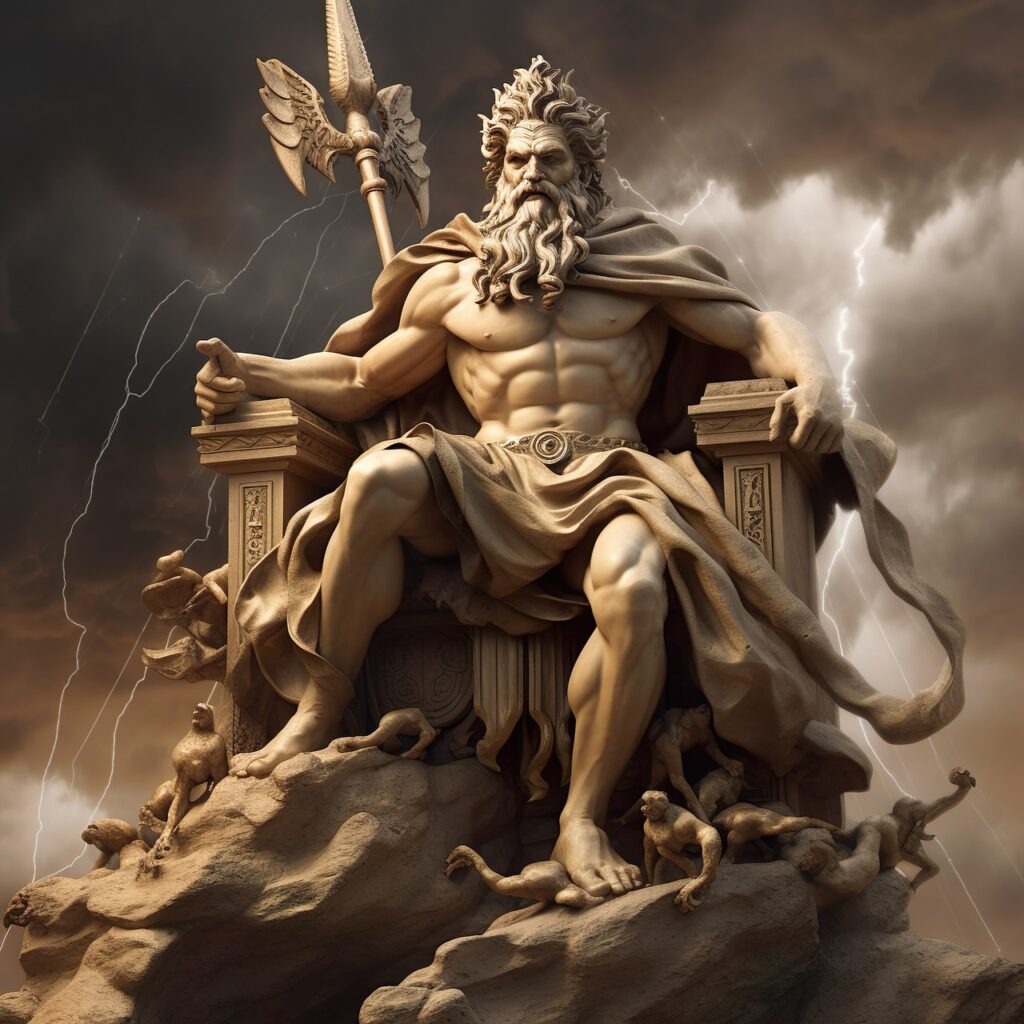
Norse Mythology: A mixture of war, wisdom as well as magic characterizes Odin as the father of Norse gods. His multifaceted power comes out clearly when he constantly seeks knowledge about everything around him including destiny.

Egyptian Mythology: Ra stands at a significant position as nature’s creator among all myths from Egypt. The fact that he crosses sky everyday symbolizes birth and death cycle hence his existence within cosmos.

Single Supreme Beings from Monotheistic Religions
Christianity: Christianity depicts God as its supreme creator and sustainer who is also omnipotent, omnipresent and omniscient. In many parts of scriptures miracles are associated with God’s mightiness while human fate has been left unto Him.

Islam: Allah who happens to be the only god accepted by Islam represents ultimate force that cannot be equaled in strength or intelligence. The Quran mentions often the qualities of Allah making him capable of governing cosmos unaided.

Judaism: Yahweh, who is central to Judaism, interacts directly with humans through agreements and commandments that give them moral and ethical guidance hence His supremacy.

Powerful Beings in Eastern Religions
Hinduism: The Hindu Trimurti includes Brahma the creator, Vishnu the preserver, and Shiva the destroyer—each holding distinctive roles revealing different aspects of divine power in sustaining balance within the universe.
Buddhism: In contrast to most other religions which focus on a supreme god Buddhism offers a path to enlightenment instead. However, Buddhists acknowledge certain celestial beings endowed with powers but not considered as all powerful.
Religious Topics & Philosophical Implications
Comparing these divine figures reveals a broad spectrum of what constitutes power in various contexts. These gods are not just spiritual entities; they influence cultural norms around us as well as individual morality by shaping human consciousness and behavior.
Modern Perspectives on Old Deities
The perception of these deities has changed significantly over time. Some literature and media may treat these gods in ways still traditional but might question their relevance in today’s world
In his article “Who is the Powerful God in the World ?” discusses about Hinduism
Many world religions discuss the exploration of divine power, which is a wide-ranging tapestry of beliefs and practices. Divinity in Hinduism presents a complex, nuanced view that entails a vast pantheon with various gods embodying different powers and virtues. In order to understand the various interpretations of divine omnipotence, this essay juxtaposes powerful gods in Hinduism with key figures from other major religions.
Understanding Divine Power
In addition to mere strength, divine power includes creation abilities such as preservation, destruction, and moral leadership. This part also explains some essential characteristics of divine power; these are omnipotence, omniscience and omnipresence- concepts that are meaningful in varied religious contexts.
The Power Dynamics in Hinduism
Hinduism’s view on divinity is unique owing to its depth and variety where every god has got specific role and importance.
Brahma, Vishnu, and Shiva: The Trimurti
Brahma—As the creator Brahma possesses the creative ability to bring life forms or matter into being. Though he plays an important part here, Brahma is less adored by contemporary Hindus who hold ontologically that creation does not come to an end but rather it keeps repeating itself over time.
Vishnu— Vushnu’s power lies in his role as preserver of the universe where he maintains harmony and order in this world. His avatars especially Rama and Krishna who incarnate Dharma have always been celebrated.
Shiva—Shiva’s power is double-edged; he is dreaded for his wrathful destruction but at the same time regarded highly for his regenerative function in initiation change. It isn’t only about destructing things but also about changing them into new forms.
Devi: The Goddess Power
Power itself is portrayed by Devi/Shakti as an important figure. She appears as Durga, Parvati or Kali as her three main aspects that represent her power to create, nurture and destroy. The worship of the Goddess emphasizes feminine energy as the origin of all creation and change.

Contemporary Interpretations and Relevance
These gods have been redefined in modern society due to global interactions with other cultures; art has played a significant role in this regard. Thus media together with literature have taken a major part in reshaping contemporary understanding on relevance of these gods today.
It is difficult to determine who exactly “the most powerful god” is because this depends on cultural context. All discussed deities possess massive powers within their realms thereby influencing both cosmic affairs and moral values held by believers. Diverse portrayal of divinity underscores how rich human beliefs are but also points out humanity’s need for an understanding of life on Earth including its many mysteries.
There is a significant diversity in defining the most powerful deity among various religious beliefs. In Hindu religion, Brahma, Vishnu, Shiva and Devi are gods that have many different aspects of divine power which includes oscillating between creation, preservation and destruction. This paper examines God’s power across cultures in connection with monotheistic religions.
References
The source is based on scholarly articles about Hindu theology and philosophy.
Comparative religion texts discussing divine power and its implications.
Primary religious texts like the Bhagavad Gita, Vedas, Bible, Quran, and the Torah.
Classical texts such as Homer’s “Iliad” and “Odyssey,” the “Poetic Edda,” and the “Egyptian Book of the Dead.”
Religious scriptures including the Bible, the Quran, and the Bhagavad Gita.
Academic discussions from various interpretations by theologians.


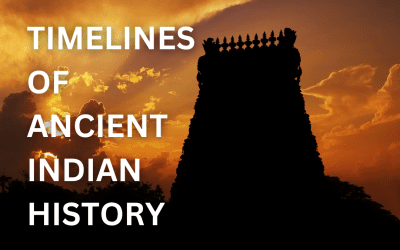
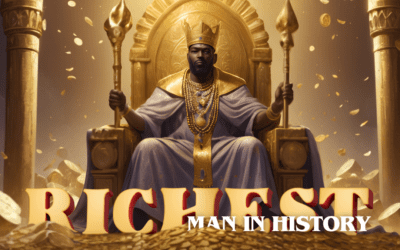
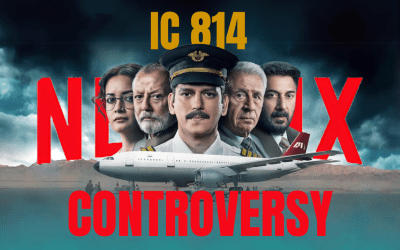
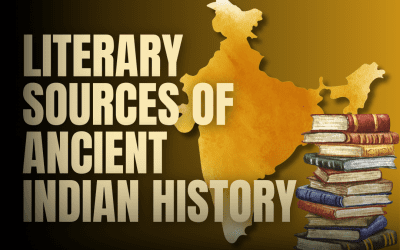

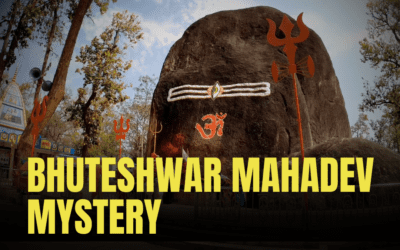
0 Comments